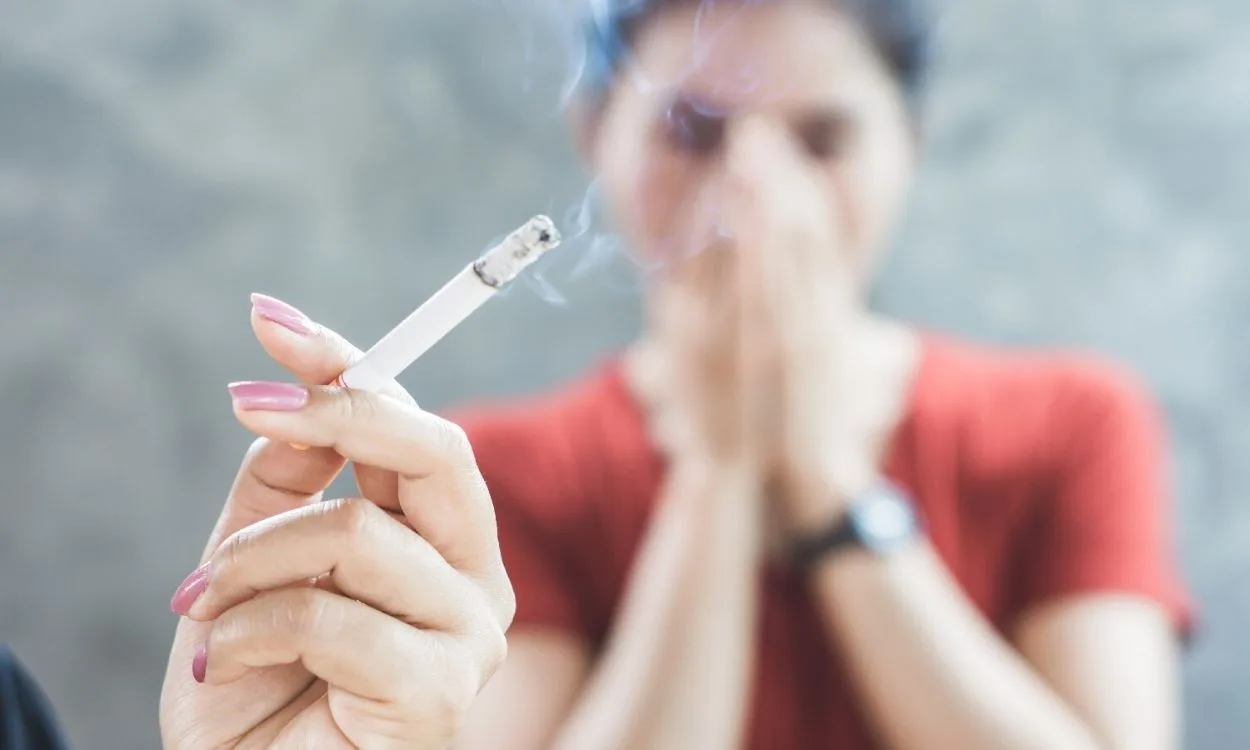Can secondhand smoke affect lung health?
Secondhand smoke, also known as passive smoking or environmental tobacco smoke, refers to the inhalation of smoke that is released by a person who is smoking. While most people are aware of the dangers of smoking, the effects of secondhand smoke on lung health are often underestimated. In this article, we will explore the impact of secondhand smoke on lung health and the measures one can take to protect themselves.
1. What is secondhand smoke?
Secondhand smoke is a combination of the smoke exhaled by a smoker and the smoke released from the burning end of a cigarette, cigar, or pipe. It contains more than 7,000 chemicals, including at least 70 that are known to cause cancer. These chemicals can linger in the air for hours, putting non-smokers at risk of inhaling them.
2. How does secondhand smoke affect lung health?
- Increased risk of lung cancer: Non-smokers exposed to secondhand smoke have an increased risk of developing lung cancer. It is estimated that exposure to secondhand smoke causes approximately 7,300 lung cancer deaths every year in non-smoking adults in the United States alone.
- Worsening of respiratory conditions: Secondhand smoke can worsen existing respiratory conditions such as asthma, chronic bronchitis, and chronic obstructive pulmonary disease (COPD). It can trigger respiratory symptoms, exacerbate coughing and wheezing, and lead to more frequent and severe asthma attacks.
- Decreased lung function: Long-term exposure to secondhand smoke can lead to a decrease in lung function. This can impair the ability to breathe properly and may result in shortness of breath, decreased exercise tolerance, and increased susceptibility to respiratory infections.
- Development of respiratory infections in children: Children exposed to secondhand smoke are at a higher risk of developing respiratory infections such as bronchitis, pneumonia, and ear infections. They may also experience more frequent and severe asthma attacks.
3. Protecting yourself from secondhand smoke
- Avoid exposure to secondhand smoke: The most effective way to protect yourself from the harmful effects of secondhand smoke is to avoid it altogether. Stay away from areas where smoking is allowed and ask smokers to refrain from smoking in your presence, especially in enclosed spaces.
- Create a smoke-free home and car: Make your home and car smoke-free zones to protect yourself and your family from secondhand smoke. Encourage friends and visitors to smoke outside and provide designated smoking areas away from the main living areas.
- Support smoke-free policies: Advocate for smoke-free policies in public spaces, workplaces, and recreational areas. These policies not only protect non-smokers from secondhand smoke but also encourage smokers to quit or reduce their smoking habits.
- Take care of your lung health: Maintain a healthy lifestyle by engaging in regular exercise, eating a balanced diet, and getting enough rest. These habits can help strengthen your lungs and reduce the impact of secondhand smoke on your respiratory system.
4. Fitpaa: Achieving optimal lung health
While avoiding secondhand smoke is crucial for maintaining good lung health, it is also essential to focus on overall well-being. Fitpaa, an AI-driven Metabolism monitoring and management technology, can help individuals achieve their health and fitness goals, including improving lung health.
- Metabolism assessment: Fitpaa starts by assessing your current metabolism, which is crucial for optimizing your overall health. By considering various aspects of your life, Fitpaa’s MNT (Medical Nutrition Therapy) specialists can identify the root causes of your health conditions and create a personalized plan.
- Fitpaa Capsule: Fitpaa prepares a personalized Fitpaa Capsule based on your metabolism, health goals, lifestyle, and eating habits. This capsule combines medical therapy, medical exercise therapy, medical nutrition therapy, and cognitive behavior therapy to optimize your metabolism and help you achieve your health and fitness goals.
- Real-time guidance and support: Fitpaa’s real-time guidance technology incorporates habit-building concepts and timely nudging from cognitive behavioral therapy. This feature helps you stay motivated, take necessary actions, and track your progress towards your health goals.
Conclusion
Secondhand smoke can have a significant impact on lung health, increasing the risk of lung cancer, worsening respiratory conditions, and impairing lung function. To protect yourself, it is important to avoid exposure to secondhand smoke and create smoke-free environments. Additionally, focusing on overall well-being through tools like Fitpaa can further support your lung health and help you achieve your health and fitness goals. Download the Fitpaa app and embark on a journey towards optimal lung health and overall well-being.
Note: Fitpaa is a mobile app and service that aims to support individuals in achieving their health and fitness goals. While Fitpaa can be a valuable tool, it is not directly related to the topic of secondhand smoke and lung health discussed in this article. The inclusion of Fitpaa in this article is to provide information about a related health and wellness service.









